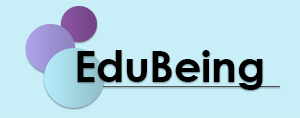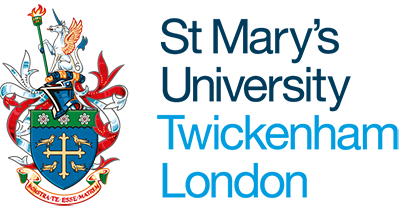Social Wellbeing Response.
Started by sgiglio2sgiglio2
The video and the reading are interesting and relevant now more than ever with the debate between millennials and Gen Z on the term "Cancelling," which coincides with the message of both the video and the reading. Essentially, the term "canceled" and/or "canceling" refers to when people specifically on social media platforms decide someone should no longer have their platform or their platform and that this person should not be supported based on their actions or what they have said. One part that is being debated is that social media users cancel the person and post tweets, comments, and now with the newer and more used social media platform for adolescents and young adults Tik-Toks saying this person is canceled highlighting their negative actions and what they have said. Still, it can go even further with hate comments all over their profiles, profiles of friends, trending, and now posted on what are called "Tea" and "Shame" Room Pages. While it is more likely for influencers, celebrities, and people in the spotlight to be canceled on a much more public and larger scale, there are much younger influencers currently, and the people responding and canceling them are a younger audience. This can also take place on a school level, based on the actions or posts of someone. Not only can it be shared with others via social media, but more people create pages to show the "shade" that happens in their school. Either way, whether it is the person being canceled or those canceling others, this can seriously affect one's mental health.
One argument is that you should point out the wrong behavior before you cancel someone and either educate the individual or provide them with resources or reasons to educate themselves. If they continue to perform behaviors you are not fond of, then you personally do not support them but do not partake in shaming and sending hate. Social media can cause what Ronson says of "Unpaid shaming interns" I think at times, younger people want to eliminate some maladaptive or bad behaviors. Still, sometimes it becomes trying to take away something bad and being more destructive. I find this a hard thing to find a concrete opinion on because there are situations where social media unravels and an instance where bad behavior is found of someone with such influence that it allows for taking down a negative person that can hurt others, and this becomes when is it fine to educate someone or not to give them a platform.
Lastly, many argue whether social media has nice people or if it can be a positive place or offers those opportunities to approve of others while demonizing someone else. Well, with or without social media, this will occur because people will speak out and demonize someone else without the platform of Twitter. Whether it's verbal rumors, word of mouth, or publishing it through news, it would still happen. I think it is based on us as individuals to make social media a place where we can uplift people, and it is becoming tailored to our likes and interests. Although I also think through social media, we can also share and respectfully listen to meaningful education to stop part-taking in racist, discriminatory, or hateful actions and words. As for students, I think it is essential to educate our students on how to use their platform for good and why it is important to use their platform for good, and how it can greatly affect their future for the rest of their lives because social media is only growing.


